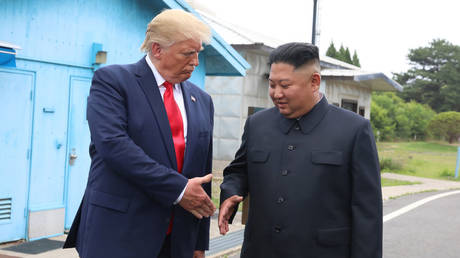September 5th Annually
Celebrating the Architects of Society
Teachers' Day in India honors the invaluable contributions of educators. This interactive guide explores the history, celebrations, and important conversations surrounding this day.
2025 Theme:
"Inspiring the Next Generation of Learners"
History & Legacy
This section explores the origins of Teachers' Day in India, centered on the life and philosophy of Dr. Sarvepalli Radhakrishnan. Discover how his humble request transformed his birthday into a national day of appreciation for all educators.
Dr. Sarvepalli Radhakrishnan
A distinguished scholar, philosopher, and statesman, Dr. Radhakrishnan's life and work are the foundation of Teachers' Day. His emphasis on the importance of education continues to inspire the nation.
- ●India's Second President: Served from 1962 to 1967.
- ●First Vice President: Held the office before his presidency.
- ●Renowned Academic: Made significant contributions to philosophy and comparative religion.
- ●Advocate for Education: Famously stated that "teachers should be the best minds in the country."
1888
Dr. Sarvepalli Radhakrishnan is born on September 5th.
1962
Upon becoming President, his students wished to celebrate his birthday. He requested they instead observe September 5th as a day to honor all teachers.
1962 Onwards
The tradition begins. The Government of India officially declares September 5th as Teachers' Day, a practice that continues to this day.
Ancient Roots
The respect for educators is deeply embedded in Indian culture through the ancient Guru-Shishya tradition, predating the modern observance.
How India Celebrates
Teachers' Day is a vibrant and heartfelt occasion, not a public holiday. Schools and colleges remain open to host a variety of activities. Explore the common traditions by clicking on the cards below to see how students and institutions express their gratitude.
Cultural Programs
Student Role-Reversal
Tokens of Appreciation
Points of Debate & Controversy
While widely celebrated, Teachers' Day and the legacy of Dr. Radhakrishnan are not without debate. This section provides an overview of the critical discussions surrounding the day, reflecting deeper conversations in Indian society about history, representation, and politics. Click on each topic to learn more.
Critics, particularly from Dalit and anti-caste communities, have questioned the singular focus on Radhakrishnan. They point to his perceived endorsement of certain aspects of the caste system and views on social issues like women's education that are considered regressive. Some advocate for honoring figures like Jotirao Phule, who championed education for marginalized groups, as more representative of social justice in education.
A long-standing controversy involves accusations that Dr. Radhakrishnan plagiarized parts of his student Jadunath Sinha's thesis in his own philosophical work in the 1920s. The issue led to a high-profile lawsuit that was settled out of court. Though legally resolved, the question of academic integrity remains a point of contention for some who question his veneration.
In recent years, the celebration has sometimes become politicized. A 2014 proposal to rebrand the day as "Guru Utsav" was met with strong opposition, especially in Tamil Nadu, where it was seen as an imposition of Hindi/Sanskrit culture. Directives for schools to broadcast national political speeches have also sparked debate about educational autonomy and political influence.












